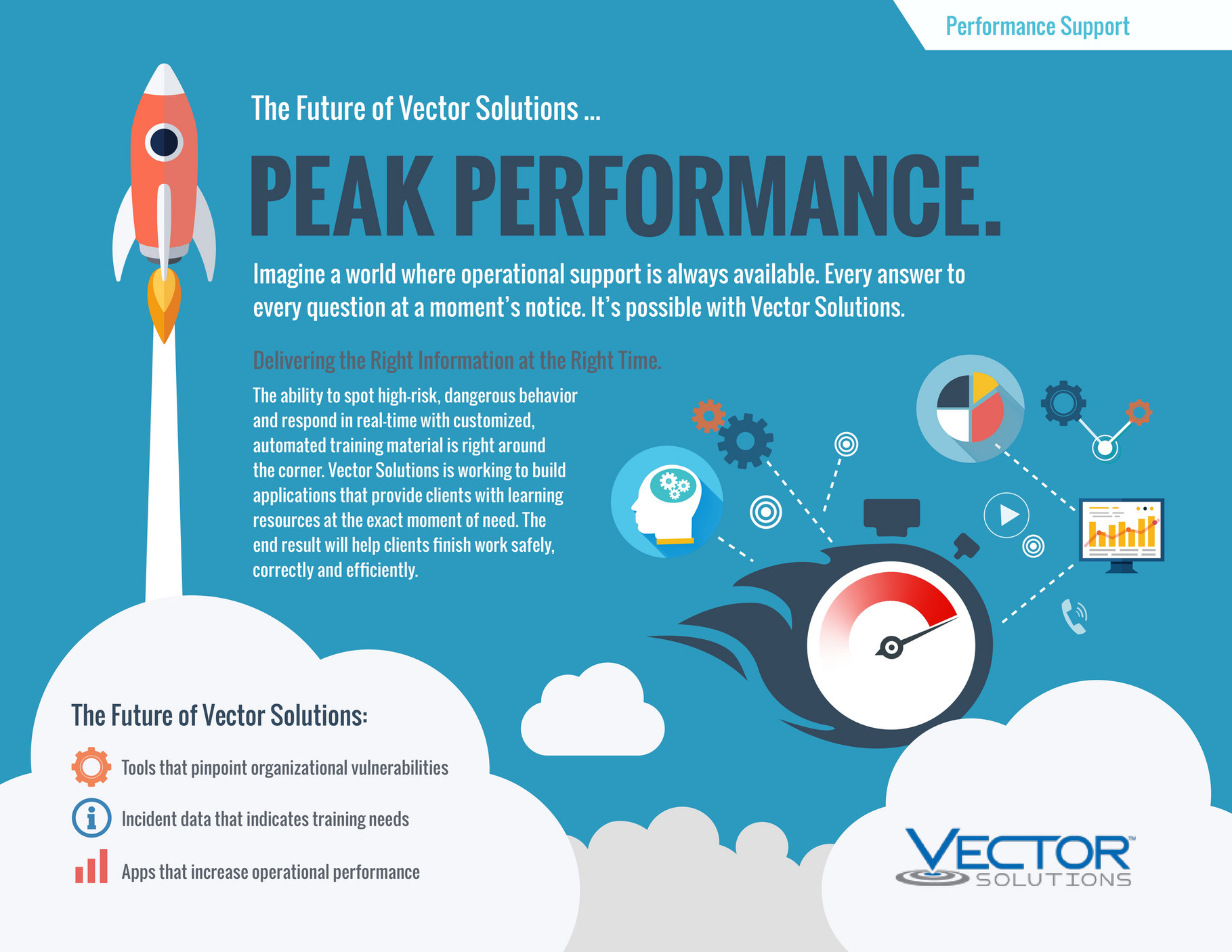

Still, it's rare for a bank to bring aboard an entire team of data scientists. And it’s hiring tech talent that’s notoriously hard to attract to traditional banks. It’s advancing its use of big data and analytics, which at many banks has stalled due to lack of resources and interest. It is already testing Kasisto’s AI chatbot and it financially supports AI programs at the Toronto-based Vector Institute (which was co-founded by Layer 6 founders Jacobs and Tomi Poutanen), the University of Toronto and Western University. With this acquisition, TD Bank has a solid base to build upon its efforts to harness artificial intelligence technology. It can also be applied to detecting fraud, scoping out cybersecurity threats and underwriting loans.

photos and documents) and video - and be trained to make predictions, such as what the next best action for a customer is (e.g., offer her a mortgage). The Layer 6 team has built an AI prediction engine that can ingest a variety of data types - customer profiles, transaction histories, phone calls, images (e.g. Layer 6, an AI startup with 17 data scientists, is about 10 minutes from the bank’s Ontario headquarters. TD Bank made an astute move in this direction last week with its acquisition of Layer 6. After all, the banks that get this right will have a distinct competitive advantage over their peers and the ability to compete with AI-savvy fintechs. The advent of practical artificial intelligence technology that brings smarts and efficiency to many areas of a bank - customer service, customer intelligence, marketing, fraud detection, cybersecurity, lending and compliance, to name a few - has firms scrambling to find the expertise and resources to quickly adopt this technology.


 0 kommentar(er)
0 kommentar(er)
